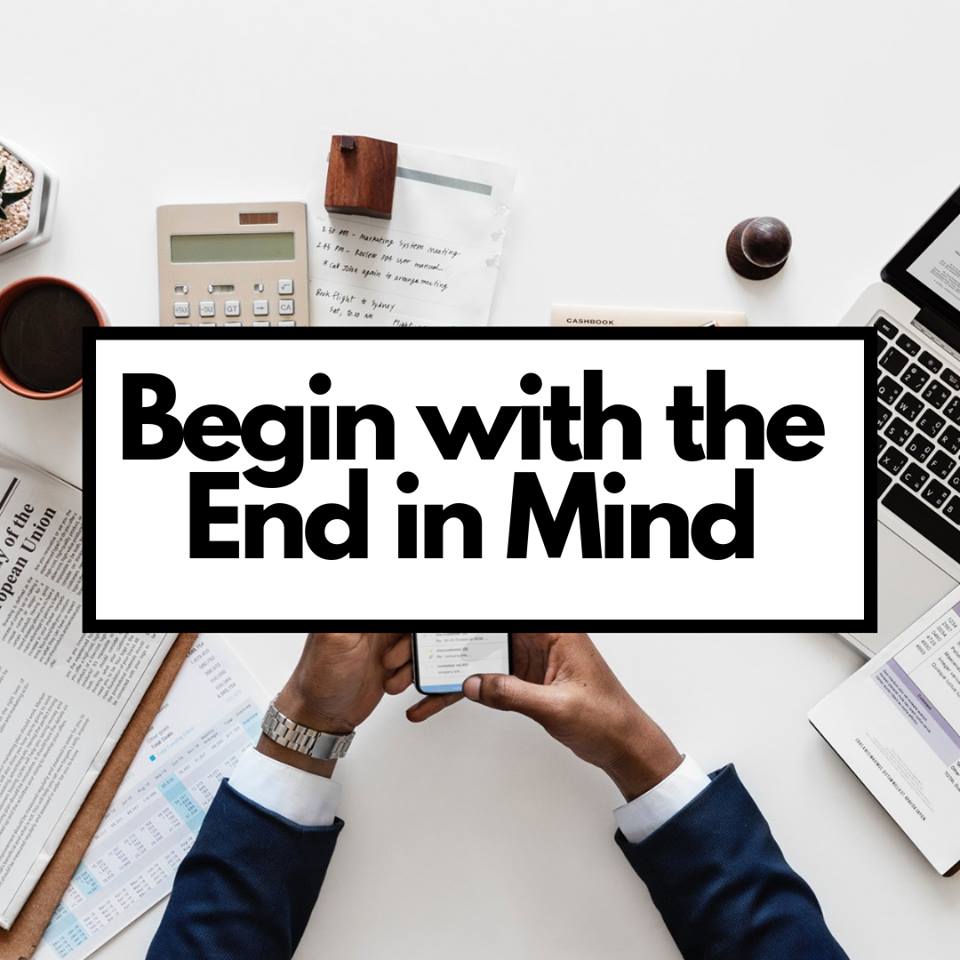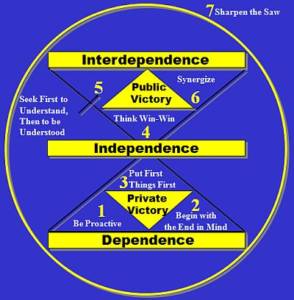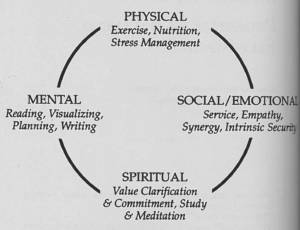
7 Habits of Highly Effective People
- Hear 2 Help You, Blog Updates, Standard Blog
- 7 Habits of Highly Effective People, Djed Pillar, hear 2 help you, Kwanzaa, Nguzo Saba, Stephen R. Covey
- April 26, 2019
7 Habits of Highly Effective People
As a community development company, the transformation we witness from our students brings us joy. Not only is the chance rewarding but it’s one of the most grueling things we do for ourselves. We understand not everyone knows where to start.
This is why our show this week breaks down a timeless classic by Stephen R. Covey, 7 Habits of Highly Effective People. Not only has this book sold over 10 million copies worldwide, but it has assisted in the transformation of countless others.
Since we have an appreciation for good literature, but a greater appreciation for African spirituality and her principles. We decided to sprinkle bits and pieces of African philosophy throughout today’s show. This was done to ensure that we continue to see our philosophies, and examples of our story in present day works.
Enjoy the show.
[wonderplugin_video iframe=”https://www.youtube.com/watch?v=RX2_gS2kDpU?start=47″ videowidth=600 videoheight=400 keepaspectratio=1 videocss=”position:relative;display:block;background-color:#000;overflow:hidden;max-width:100%;margin:0 auto;” playbutton=”https://hear-2-help.com/wp-content/plugins/wonderplugin-video-embed/engine/playvideo-64-64-0.png”]
The Breakdown
Covey believes the way we see the world is entirely based on our own perceptions. In order to change a given situation, we must change ourselves, and in order to change ourselves, we must be able to change our perceptions.
The 7 Habits were broken down into 3 parts to drive us from Dependence, to Independence and ultimately Interdependence.
 PRIVATE VICTORY
PRIVATE VICTORY
These are habits we begin to develop within.
- Be Proactive
- Begin with the End in Mind
- Put First Things First
“Gates of Change” will be significant. You will come to know yourself.
PUBLIC VICTORY
Once we have developed successful habits within or privately, we can then emanate without or publicly.
- Think Win-Win
- Seek First to Understand, Then to Be Understood
- Synergize
With these habits, you will discover and unleash both the desire and the resources to heal and rebuild important relationships.
RENEWAL
- Sharpen the Saw
THE MATURITY CONTINUUM
This is based on the natural laws of growth and began life as an infant, totally dependent on others. Gradually, over the ensuing months and years, we become more and more independent. (Physically, Mentally, Emotionally, Financially). As we continue to grow and mature, we become increasingly aware that all of nature is interdependent, that there is an ecological system that governs nature, including society.
Here’s a small breakdown of each paradigm of the Maturity Continuum.
Dependence
Is the paradigm of you – you take care of me; you come through for me; you didn’t come through; I blame you for the results.
Independence
Is the paradigm of I – I can do it; I am responsible; I am self-reliant; I can choose.
- True independence of character empowers us to act instead of being acted on.
- Independent people who do not have the maturity to think and act interdependently may be good individual producers, but they won’t be good leaders or team players.
Interdependence
Is the paradigm of we – We can do it; We can cooperate; We can combine our talents and abilities and create something greater together.
- Interdependence is a far more mature, more advanced concept. If I am physically interdependent, I am self-reliant and capable, but I also realize that you and I working together can accomplish far more than, even at my best, I could accomplish alone.
- Only a choice independent people can make.
Utilizing Our Philosophy
As we read through the information in this book, we began to see more and more of our philosophies embedded in the text. This is why it is so vital that we continue to study this and recognize it wherever it may present itself.
For instance:
When you look at the habits aligned with “Private Victory”, we definitely see the Kwanzaa Principle of Kujichagulia(koo-jee-chah-GOO-lee-ah).Which means:
Self-determination – To define ourselves, name ourselves, create for ourselves and speak for ourselves. Self-Determination requires that we define our common interests and make decisions that are in the best interest of our family and community.
It is only through this Self-Determination that one can achieve Private Victory. One could also look at the 7 Principles of Ma’at and her 42 laws to assist with this character development.
Habit #4 Think Win-Win is definitely routed in Ujima (oo-JEE-mah): Collective Work and Responsibility and Ujamaa (oo-jah-MAH-ah): Cooperative Economics. This habit takes a tremendous amount of Imani (ee-MAH-nee): Faith and Kuumba (koo-OOM-bah): Creativity to be completed genuinely.
The 7th Habit of Sharpen the Saw is the process of renewal or recreating ourselves. To do this we must devote the time to renewing ourselves physically, spiritually, mentally, and socially.

This reminded of us of the Djed Pillar, which is the backbone of Ausar.

Each tier or horizontal bar near the top of the Djed Pillar represents the same four 4 Dimensions mentioned above, Emotionally, Physically, Mentally, Spiritually. As we renew ourselves within each tier or dimension we tap into the stability of success that it brings.
All in all this book is a wonderful tool in anyone’s toolbox of Personal Development. When accompanied with our African spirituality and philosophies, this is sure to be an enhanced experience.
Remember the Kiswahili saying family, “Pamoja Tutashinda” or “Together We Will Win”.
For more information about the 7 Habits of highly Effective People, please click here.
One Love.


